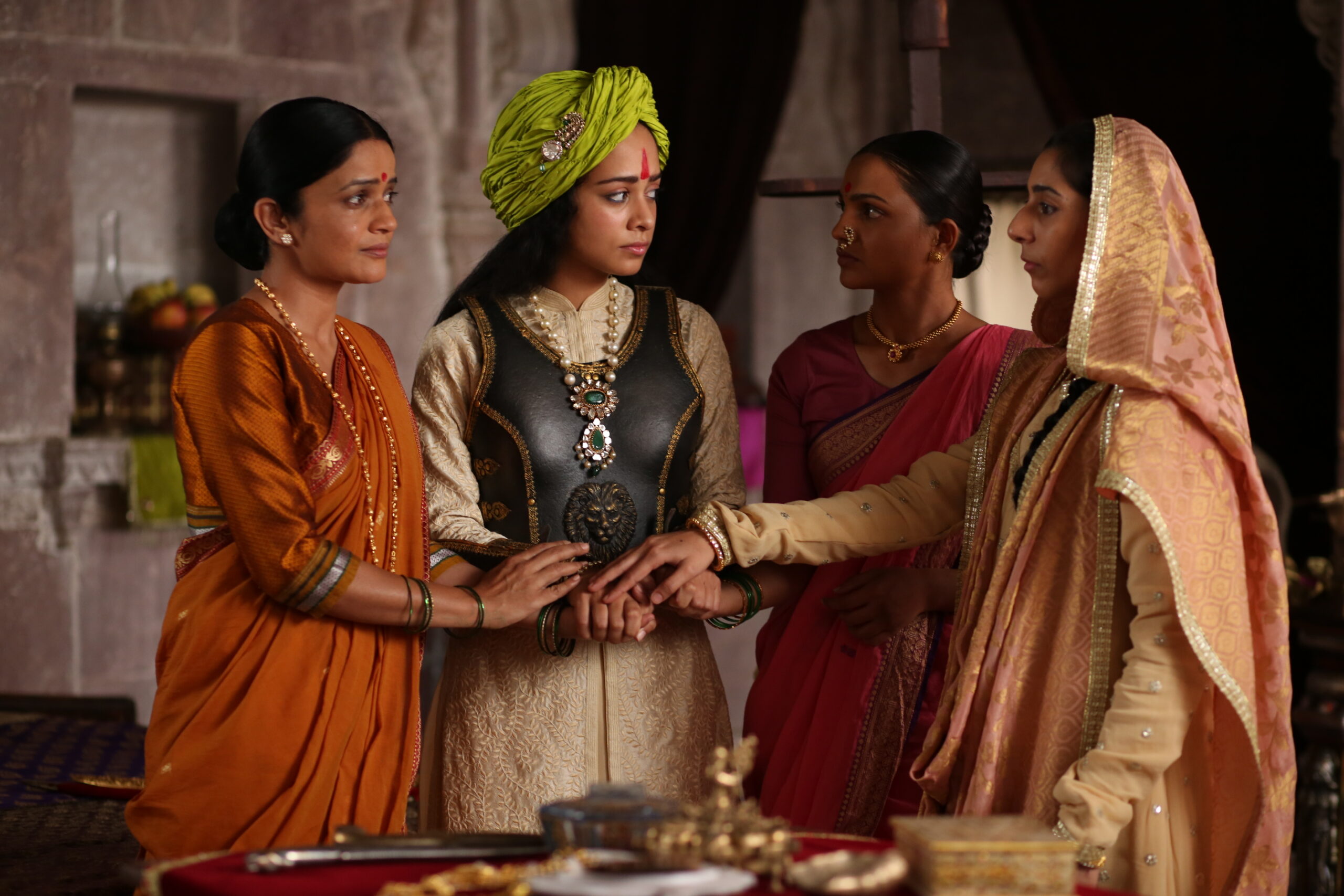When the Rani of Jhansi was born Manikarnika on November 19, 1828, no one could guess the number of expectations she would eventually come to break. The country was occupied by the British, and ruled by the British East India Company. Yet her father, Moropant, taught Manikarika to ride and fight. At the age of 14, she married Gangadhar Rao, Maharaja of Jhansi. When they couldn’t have a son, they adopted one who the Rani Laxmibai guarded like her own.
The Rani was determined to lead the people of Jhansi following Gangaadhar Rao’s death in 1853 even though she was just 25. She was also determined to see her son maintain that rule when he was of age. Yet the British East India Company refused to see Damodar Rao as the legitimate ruler of Jhansi and under the Doctrine of Lapse, took over governing Jhansi. Upon learning the news, the Rani famously said, “I will not surrender my Jhansi!”
She didn’t begin by challenging the British outright. She appealed the Doctrine of Lapse over the course of a year, all the while leading her community as the Rani. All the while, she was bucking conventional widowhood.
Like the Rani refused to act like a traditional widow when her people needed her leadership, there are many of society’s expectations of us must be broken because our communities need us. In her time, the customs for widowed women were to shave their heads, wear only white, bathe with cold water, and refuse salt and spicy food. The Rani rebuked these practices because she knew her people needed a leader as the colonial British East India Company loomed over their existence. Her resistance became a symbol of women’s empowerment for centuries to come.
Sometimes our own society places expectations on us that feel like they’re for someone else’s benefit. From being submissive to hypersexual, the stereotypes we are subjected to and expected to live up to are ones that we must practice standing up against.
Rani Laxmibai helped others break convention too. Just by downloading our Action Kit and practicing the tools to lift up a sisterhood around you, you can amplify your own impact against these social norms.
The all-female calvary was raised by the Rani to fight against the British. She was surrounded by a sisterhood of key advisors, as well. The Rani of Jhansi saw the immense value of the women in her community against the mighty East India Company army. She did not discriminate by caste or religion, either. It was equal when looking at those who were loyal. She surrounded herself with young women from different castes and creeds, a trait that was very unique in 1858 to have a Dalit––or untouchable––or a Muslim or a low caste person, as part of her immediate circle, an entourage of warriors.
Her advisors were so loyal, one, Jhalkaribai, even posed as the Rani so the real Laxmibai could escape from battle with her son. Jhalkaribai was trained for battle by the Rani herself, and fooled the British while the Rani escaped, leading to her death.
One of the traits of many Virangana featured on our blog is their reliance on female advisors or troops. How you empower the women around you is an important way you can support other Warrior Queens.
We may not always win, and even if we break the social convention oppressing us, there may be consequences for pushing back against powerful systems. The Rani eventually died in battle in June, 1858 at the age of 29. But she irreversibly tipped the scales that would result in India’s independence in 1947. Your small actions to empower yourself and those around you can have long-lasting impacts.
If you’re not sure where to start, check out our Action Kit.




